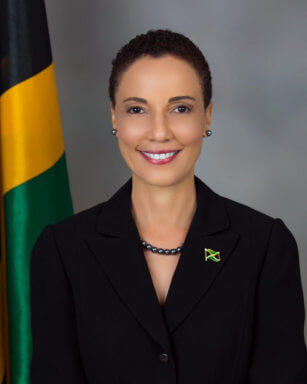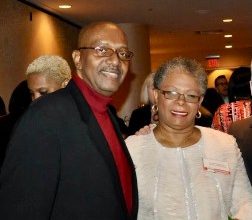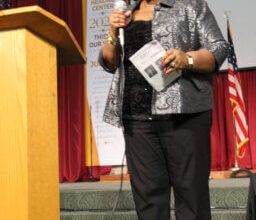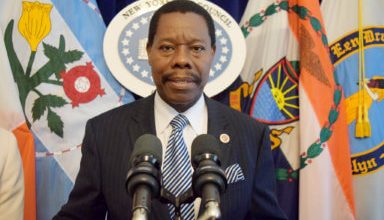SECURITY FORCE FOR HAITI

Several Caribbean Community countries are this week giving clear indications that they will indeed participate in any multinational security force to fellow CARICOM member nation Haiti in the wake of a United National resolution finally blessing such a force.
Jamaica, Antigua, Suriname, The Bahamas and Barbados have already committed to contributing troops to the force under the firm belief that they would be working largely to assist the Haitian national police system more than participating in active duty or combat activities. Guyanese Foreign Secretary Robert Persaud gave strong hints this week that the country will contribute boots on the ground as he emphasized that any such deployment would be to support the national police rather than getting entwined in the local clashes with heavily armed gangs.
Late Tuesday meanwhile, the Jamaican government welcomed the UN Security Council move calling it highly necessary given the deteriorating situation in CARICOM’s poorest and most populous member state. “This decision is critical to harnessing greater support from the international community as some countries have said they would be willing to participate if the UNSC authorised the mission. For this and reasons of our own previously stated position, the resolution is welcomed,” Foreign Affairs Minister Senator Kamina Johnson Smith said in a statement.
Jamaica and The Bahamas, which are often bombarded with hundreds of Haitian boat people arriving on their shores fleeing violence and desperation back home, were the first of the 15 nations in the bloc to pledge to send troops or police officers to Haiti.
The council vote was approved by 13 nations with veto holders Russia and China voting to abstain.
“The situation will become even worse if we do not act. Jamaica will continue to lend its support to the CARICOM Eminent Persons Group as it works with the Haitian government and stakeholders towards a Haitian-owned solution to the political and governance crisis that has gripped the nation”, the minister noted.
The group comprises former prime ministers of Jamaica, The Bahamas and St. Lucia with a mandate to engage the varying stakeholder groups. Sessions with Haitian groups have since early June already been held in Jamaica and in Haiti but the three complained after their visit to Port Au Prince last month that stakeholders have not been keeping agreements about the number of people eligible to be in a conference room and problems have arisen since they have now breached agreements to call for the resignation of Prime Minister Ariel Henry.
The force will likely have a 12-month renewable mandate but no date for its arrival has as yet been named. Kenya has agreed to lead the international presence.




